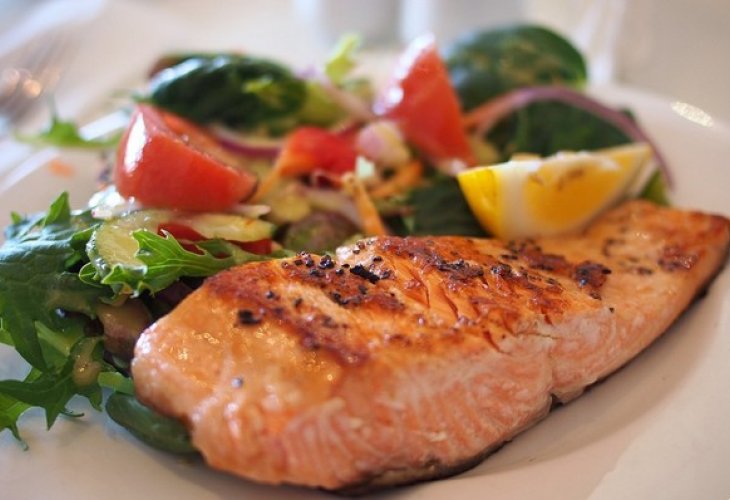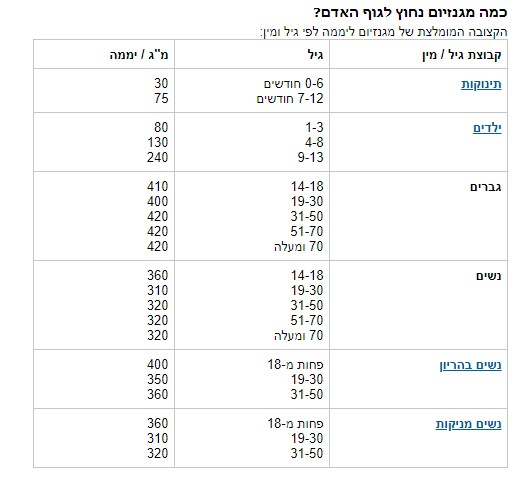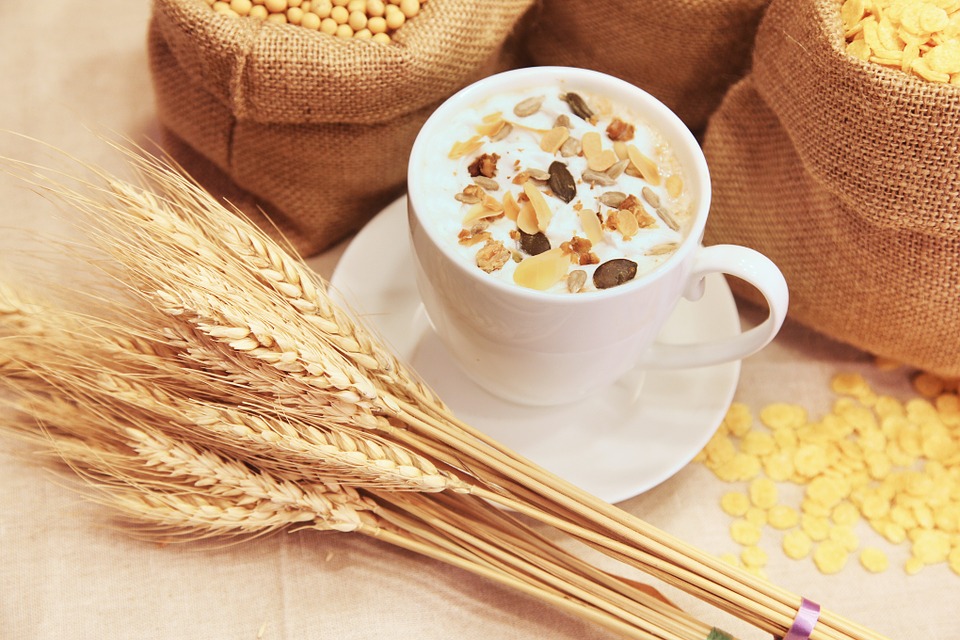Over 40? These are the Foods You Should Regularly Consume to Avoid Diseases
What foods are important to consume after age 40 to prevent diseases like cancer, anemia, diabetes, and more? Here's an updated list.

If previously I thought that health was a given or didn't attribute much importance to various pains that arise in the body, from today life is split into two phases: before 40 and after. It seems that everything permissible before this point in time is no longer so, and everything to which we did not dedicate enough attention must now change.
Whether you consume them as vitamins (after consulting with your family doctor) or increase your intake of foods containing them, it is crucial to understand that these substances are more essential to you now, after passing the age milestone that is significant for hormonal and biological changes.
These changes dictate different behavior and a pace of life that's somewhat different from what we were accustomed to in the past—even if we are generally healthy people, thank Hashem, who suffer from no medical issues and do not take medications.
Let's start with Proteins:
Proteins are tremendously important for our bodies, partly because they support and build our muscles. Over time, proteins in our bodies decrease, and so it's vital to include them regularly in our diet or supplements. Proteins are found in foods such as meat, fish (especially tuna), chicken, eggs, nuts, cottage cheese, milk, and more—but it's important to monitor their levels in blood tests. If there is a significant deficiency (as can occur sometimes in people who've undergone surgery), consult with your doctor to consider supplementing with whey protein (usually intended for athletes).

Vitamin D
If you haven't reached the age where you're told to sit in the sun because it's good for getting Vitamin D, you probably haven't reached 40—the age at which you start losing it due to hormonal and other changes.
Among other benefits, Vitamin D helps strengthen our bones against fractures and aids in calcium absorption, which is also essential for maintaining bone health and strength. Vitamin D is abundantly found in various types of cheese, tuna, sardines, salmon, yolks, and yogurt—but again, if you are aware of a significant deficiency, it should be consumed in the form of a supplement (based on a doctor's consultation).
Magnesium
Green vegetables, seeds (wheat bran, poppy, flaxseeds, pumpkin seeds, sunflower seeds, and more), almonds, peanuts (including peanut butter), and cashews are just some of the foods rich in this vital mineral. Magnesium has many roles in our bodies, and a serious deficiency can lead to side effects like irritability, stress, depression, and anxiety, whose frequency increases after age 40.
Magnesium in adequate amounts helps to release the hormone serotonin, which is responsible for the sensation of happiness, highlighting the importance of supplementing it through either a supplement or magnesium-rich foods.
How much magnesium is important to consume daily according to the Ministry of Health's website? Here's the updated table:

Potassium
High blood pressure is one of the biggest dangers after age 40 (and even before), and one of the things causing it is high sodium levels in the body—this is where potassium comes in. Among other things, potassium helps regulate and balance sodium levels in our body and reduce its negative effects.
Potassium thus prevents high blood pressure but also helps prevent heart diseases and maintains proper heart functions.
Lentils, beans, squash, potatoes, dairy products, herbs, avocado, cocoa, chocolate, fish, dried fruits, nuts, and various legumes are foods rich in potassium, which should be regularly included in our diet.

Calcium
Calcium levels in our bodies, particularly for women, begin to decline as early as age 35—then, a sharp pain in the bones begins to be felt. Calcium is considered one of, if not the crucial component for ensuring long-term bone (including teeth) and muscle health in our bodies.
It is good to consume daily foods that contain calcium such as milk, cheese, yogurt, green leaves, sardines, and more.
Folic Acid and Vitamin B12 are also very important after passing the age of forty because both protect brain functions. Folic acid can be obtained through foods like avocado, black peas, asparagus, Brussels sprouts, and liver. Vitamin B12 can be obtained through a supplement or foods such as chicken and beef liver, salmon and trout, herring, soy milk, eggs, yogurt, tuna, and cooked egg noodles.
Iron
General weakness, instability, headaches, and a sense of chronic fatigue are just some of the symptoms experienced by someone with a significant iron deficiency, and for good reason. Iron is one of the most important building blocks in our body, as it acts as a catalyst for oxygen delivery and improves numerous bodily functions. Beef, chicken liver, lentils, grains, spinach, and more are foods rich in iron and should be consumed.
If a significant iron deficiency is detected, consult your family doctor on how it can be supplemented (in extreme cases, the doctor might recommend iron injections available through various health services).

